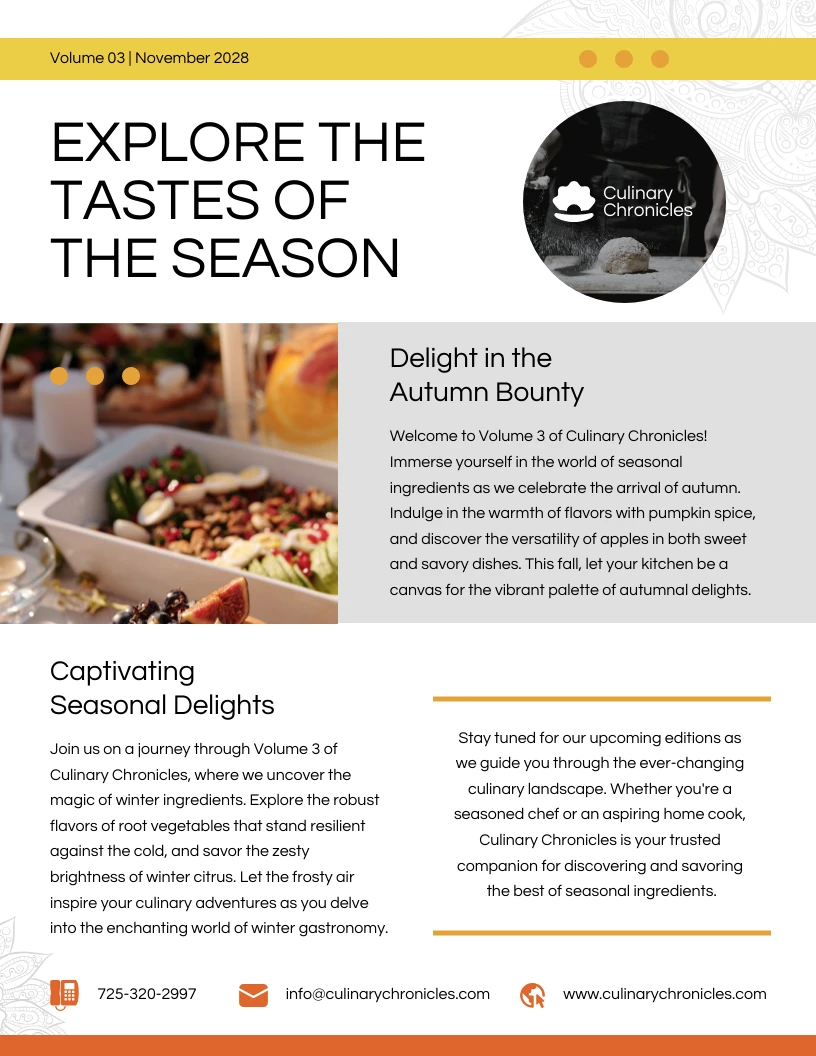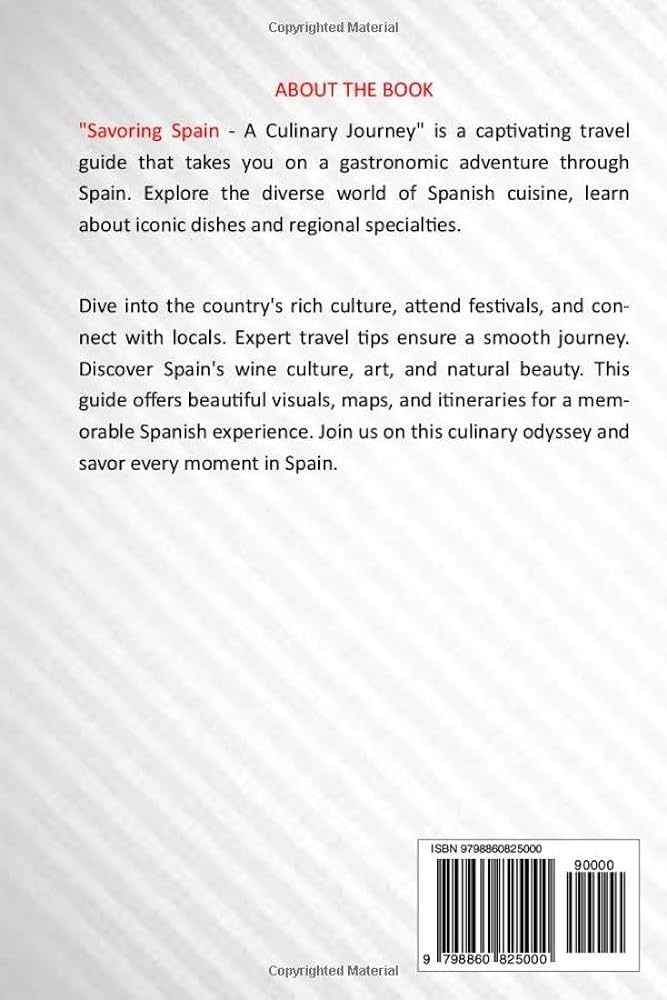Discover global flavors and unique dining experiences through culinary tourism. Elevate your travel with food-focused adventures that tantalize the taste buds.
Embarking on a culinary journey transforms travel into a feast for the senses. From bustling street markets to high-end gourmet restaurants, food travel experiences allow you to dive into the heart of a culture through its cuisine. Engage with local traditions and history by savoring regional specialties and participating in cooking classes.
Connect with stories behind dishes and the people who prepare them, making every bite a deeper encounter with the destination. As you plan your next adventure, consider prioritizing the gastronomic wonders awaiting discovery, promising not just a trip but a full-on sensory immersion into the world’s diverse culinary landscapes. Your itinerary could become a treasure map to the world’s most unforgettable meals.

Credit: www.amazon.com
Embarking On Your Culinary Adventure
The world is a mosaic of tastes, a vast expanse that promises a kaleidoscope of flavors waiting to be discovered by food-loving explorers. Embarking on a culinary adventure is an exciting leap into understanding cultures through the universal language of food. Delight in each meal as a chapter of a story that reveals the heart of a destination. Ready your palate to embark on a journey of discovery that tantalizes taste buds and nourishes the soul.
Packing The Essentials: What You Need Before You Start
Preparing for a culinary journey is just as important as the adventure itself. A well-packed toolkit ensures a seamless experience. Consider these must-haves:
- A sturdy carry-on: Choose a bag that fits all essentials and still fits in overhead compartments.
- Comfortable footwear: Expect a lot of walking as you explore food markets and farms.
- Reusable water bottle: Stay hydrated while avoiding single-use plastics.
- Culinary guidebooks: These treasures offer insights into local dining etiquette and must-try dishes.
- Digital essentials: Don’t forget chargers and power banks for your devices.
Culinary Map: Charting Your Course For Flavor
Creating a map of flavors curates your experience and ensures you don’t miss out on any hidden gems.
- Research popular dishes and their origins.
- Identify signature restaurants, street food spots, and food festivals.
- Plan routes that offer a mix of local eateries and fine dining.
- Include culinary workshops or cooking classes to deepen your experience.
Let your culinary map guide you but remain open to impromptu stops. They can lead to the most memorable meals and experiences. Grab your essentials, chart your course, and dive fork-first into the world’s diverse culinary landscape!

Credit: venngage.com
Local Delights: Discovering Regional Cuisines
Embark on a mouth-watering journey through the world’s local markets, eateries, and kitchens. Regional cuisines offer a window into the heart of a culture, a taste of the diversity that defines our world’s culinary landscape. Here, we dive into the quest for local flavors that shape the essence of a region, the traditions on a plate, and the history served alongside every local delicacy.
Unearthing Hidden Gems: Where To Look
Discovering the best local dishes demands curiosity and a bit of adventure. Peer into side-street stalls, explore bustling markets, and strike up conversations with locals to uncover the true gems in regional cuisine. Consider these steps:
- Ask the locals for their favorite spots; they know best.
- Seek out food festivals for a variety of tastes in one place.
- Explore neighborhood eateries for authentic dishes.
- Follow the aromas that lead to family-run establishments.
Cultural Signatures: Tastes Rooted In Tradition
Regional dishes tell stories of the past. They are culinary postcards from generations. To experience a place fully, immerse in its traditional tastes. Look for plates that have stood the test of time, from recipes handed down through families to celebrations central to a community’s way of life. Learn about:
| Region | Signature Dish | Key Ingredients |
|---|---|---|
| Italy | Risotto | Arborio rice, broth, Parmesan cheese |
| Mexico | Mole Poblano | Chilies, chocolate, spices |
| Japan | Sushi | Fresh fish, rice, seaweed |
Every ingredient has significance, every method a purpose in crafting these dishes. Such meals offer palates a journey to bygone eras, celebrations, and daily routines; they are essential in grasping the fabric of local life. Bold flavors speak of the land itself, the climate, and local produce. To truly connect with a place, one must savor the plates that have shaped its culture.
Mastering The Art Of Tasting
Embark on a culinary journey to savor and truly understand the diverse tapestry of global flavors. Mastering the art of tasting isn’t just about eating; it’s about immersing oneself in a sensory adventure. Whether you’re a seasoned foodie or new to the edible exploration, learning to enhance your palate will transform how you experience every bite.
Palate Training 101: Techniques To Enhance Your Senses
Awaken your taste buds and begin a transformative journey to becoming a true flavor connoisseur. Here’s how:
- Focus on Ingredients: Eat one food at a time to identify distinct tastes.
- Slow Down: Chew slowly and let flavors develop.
- Blind Tasting: Sharpen senses by tasting without sight.
- Flavor Pairings: Note how combined flavors change the taste experience.
- Diverse Sampling: Try a wide array of cuisines to expand your palate.
Engage with local foods and experiment with diverse textures and aromas. Each unique flavor expands your sensory vocabulary, allowing for richer, more profound tasting experiences.
Vocabulary Of Flavor: Describing Your Culinary Experiences
Capture the essence of your food journeys by learning the language of taste. Here’s a starter’s guide:
| Taste | Descriptive Words |
|---|---|
| Sweet | Honeyed, syrupy, candied |
| Sour | Tangy, tart, zesty |
| Salty | Briny, saline, seasoned |
| Bitter | Sharp, acrid, harsh |
| Umami | Savory, meaty, broth-like |
Record your impressions of each dish. Is it earthy or perhaps smoky? Using the right words can turn a simple meal into an epic tale of discovery. Note the texture, aroma, and aftertaste. Keep a journal and watch your flavor lexicon flourish.
Kitchen Experiments: From Novice To Gourmet
Welcome to a culinary journey from the comfort of your own kitchen!
Transform basic cooking skills into gourmet achievements.
Dive into a world where flavors come to life.
Embark on a delicious adventure.
It begins with simple recipes.
Master the basics and ignite your passion for cooking.
Let’s turn your kitchen into a culinary playground.
Starting Simple: Quick Wins In Your Home Kitchen
Easy recipes offer instant delight.
A great meal doesn’t require complex skills.
- Spaghetti Aglio e Olio: Garlic, olive oil, and pasta.
- Grilled Cheese: Crispy bread with melted cheese.
- Stir-Fried Vegetables: Colorful and nutritious.
| Recipe | Ingredients | Time |
|---|---|---|
| Omelette | Eggs, cheese, salt | 5 mins |
| Pancakes | Flour, eggs, milk | 20 mins |
Become confident with the stove and oven.
Mix, match, and create new tastes.
Taking Risks: Exploring Advanced Techniques
Adventure into bold cooking territory.
Challenge yourself with sophisticated dishes.
- Dabble in sous-vide for consistent results.
- Try fermenting vegetables for a probiotic boost.
- Master the art of baking bread from scratch.
Practice knife skills to slice and dice like a pro.
Flambé desserts for a fiery spectacle.
Craft dishes that tell a story.
Impress with homemade pastas and sauces.
Invest in quality cookware for better heat control.
Explore flavors beyond your comfort zone.
Gain a new appreciation for food’s possibilities.
Sharing Your Culinary Journey
Embarking on a food travel adventure brings flavors and stories you’ll want to share with the world. Whether through mouthwatering images or captivating tales, let’s dive into ways to document and pass on your culinary experiences.
Capturing The Essence: Food Photography And Blogging
Great food photography turns dishes into visual stories. It’s not just about snapping a shot; it’s about conveying a taste experience through your lens. Use natural light and simple backgrounds to make your dishes pop. Consider the angle and composition to best showcase the textures and colors.
- Top-down shots to capture the spread
- Close-ups to show off details
- Before and after shots of untouched and eaten plates
Complement your photos with insightful blogging. Share the stories behind the meals, the people you meet, and the techniques you learn. Use tags to highlight key flavors and short, punchy sentences to keep readers engaged. Add tags and categories for easier navigation.
The Social Table: Hosting Tasting Events And Dinners
Nothing brings people together like a shared meal. Organize a tasting event or a dinner to let friends and followers taste the world through your palate. Create a menu that tells a story, perhaps a journey through the streets of Bangkok or a stroll in the vineyards of Tuscany.
| Course | Origin | Experience |
|---|---|---|
| Tapas | Spain | Community and Sharing |
| Sushi | Japan | Precision and Freshness |
Invite guests to delve into culinary storytelling. Use and tags for emphasis. Encourage guests to share their highlights on social media.
- Design invitations with enticing images
- Set up a themed ambiance to match the cuisine
- Craft a unique playlist to complement the sensory journey
Remember, it’s not just about the food you serve, but the memories you create and the experiences you share. These gatherings become a part of your culinary narrative, one that continues to enrich your journey.
Conserving Culinary Heritage
Food is more than just nourishment. It tells the story of culture, tradition, and history. As the world evolves, some unique recipes and food practices risk disappearing. These culinary treasures are priceless. Safeguarding them ensures we honor our past and enrich future generations’ palates.
Preserving Endangered Cuisines: A Call To Action
Endangered cuisines are often passed down through generations. Without support, they face extinction. It’s up to us to keep these flavors alive through awareness and action. You can join cooking classes that focus on heritage recipes. These experiences connect us closer to the essence of a culture. There are steps you can take today to sustain culinary traditions:
- Explore local eateries that serve traditional fare
- Support local farmers and food artisans
- Document and share recipes from older generations
Sustainable Culinary Practices: Your Role In The Food Ecosystem
Your choices impact the food ecosystem. Opting for sustainable practices benefits the environment and supports local communities:
- Choose seasonal and local ingredients to reduce your carbon footprint
- Reduce food waste by composting scraps or donating excess
- Be mindful of the seafood you consume and its sourcing
By respecting the past and embracing sustainability, you become a guardian of culinary heritage. Every dish tells a story. Make sure it’s one that lasts for generations to come.

Credit: venngage.com
Frequently Asked Questions For Guide To Culinary Exploration: Food Travel Experiences
How Do I Become A Food Traveler?
To become a food traveler, start by researching culinary destinations. Create a travel blog to share experiences. Network with food enthusiasts on social media. Attend food festivals globally. Always budget for diverse dining experiences.
What Is The Difference Between Culinary Tourism And Food Tourism?
Culinary tourism focuses on experiencing and learning about local culinary cultures, including cooking classes and farm visits. Food tourism broader, involving any travel experience where local food and drink consumption is a primary motivation.
What Is Culinary Travel?
Culinary travel involves exploring destinations through their food and drink culture. It focuses on experiencing local cuisine, cooking techniques, and gastronomic traditions to enhance travel adventures.
What Is An Example Of Food Travel?
An example of food travel is visiting Italy to explore and savor authentic Italian pizza and pasta dishes.
Conclusion
Embarking on a journey through diverse cuisines offers more than just palate satisfaction. It promises cultural immersion and unforgettable memories. So, pack your bags and let flavors guide your adventures. Connect with local traditions and savor every bite. Your culinary quest awaits – bon voyage and happy eating!


Leave A Comment